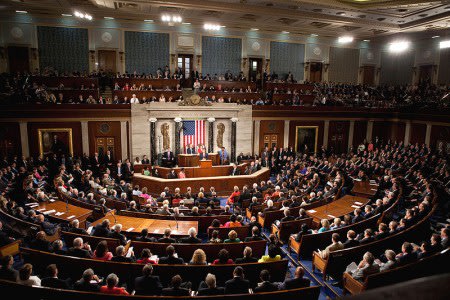Doing the math for a new Constitutional Convention

Can a group of states ban together for the first time since 1787 to change the Constitution at a convention? It all comes down to a matter of math and a few important numbers: 5, 27, 34, 38, 535 and 9.
Article V of our Constitution lays out two ways to amend the current document. One way has been used 17 times since the 10 amendments in the Bill of Rights were ratified in 1791. So far, these 27 amendments have originated in Congress and been sent to the states for approval. Once three-quarters of the individual states ratify an amendment, it becomes the law.
The second method has never been used. It involves petitions from at least 34 states to call a constitutional convention, where one or several amendments are proposed. The amendment or amendments are then sent on to the states, where 38 states are needed for ratification.
If you are really interested in big questions involving constitutional conventions, there is an excellent overview available from Thomas Neale at the Congressional Research Service. It discusses the background of the Article V process and some current movements underway to bring some issues to national prominence using Article V.
Currently, the Balanced Budget Amendment Task Force, a group that tracks petitions, says there are 27 active petitions on this issue that have been filed with Congress. The group is targeting 13 additional states, hoping to get seven states to approve balanced budget resolutions. That magic number of 34 would force the 535 members of Congress to act.
Among these 13 states – Maine, West Virginia, Virginia, Kentucky, South Carolina, Oklahoma, Minnesota, Wisconsin, Arizona, Wyoming, Montana, Washington and Idaho – 10 currently are controlled by the Republicans, according to the National Council of State Legislatures. So in theory, balanced budget proponents need to get seven of the 10 GOP-led states on board with passing amendment petitions. ...




